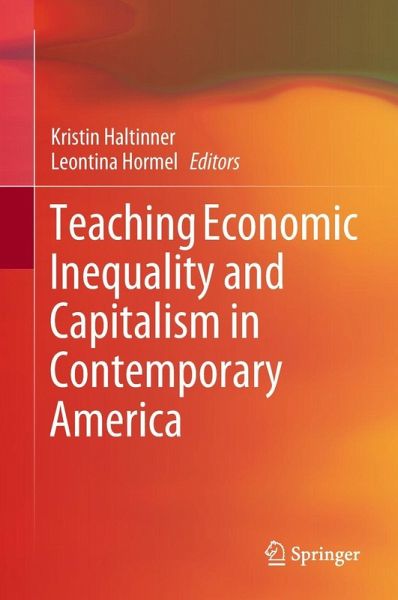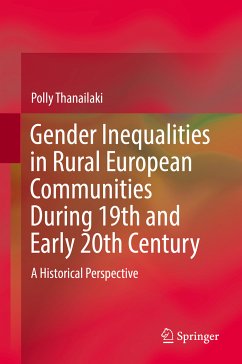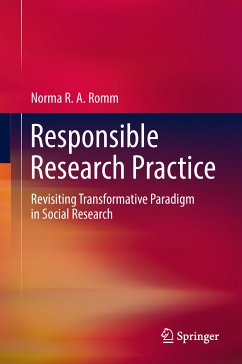
Teaching Economic Inequality and Capitalism in Contemporary America (eBook, PDF)
Versandkostenfrei!
Sofort per Download lieferbar
72,95 €
inkl. MwSt.
Weitere Ausgaben:

PAYBACK Punkte
36 °P sammeln!
Features thoughtful reflections on teaching about economic inequality and capitalism by pioneers in the field
Presents in-depth, critical analyses of the current pedagogical and theoretical challenges facing educators as well as the importance of the contemporary study of gendered politics
Offers successful strategies for teaching important concepts through case studies and active learning exercises
Dieser Download kann aus rechtlichen Gründen nur mit Rechnungsadresse in A, B, BG, CY, CZ, D, DK, EW, E, FIN, F, GR, HR, H, IRL, I, LT, L, LR, M, NL, PL, P, R, S, SLO, SK ausgeliefert werden.












